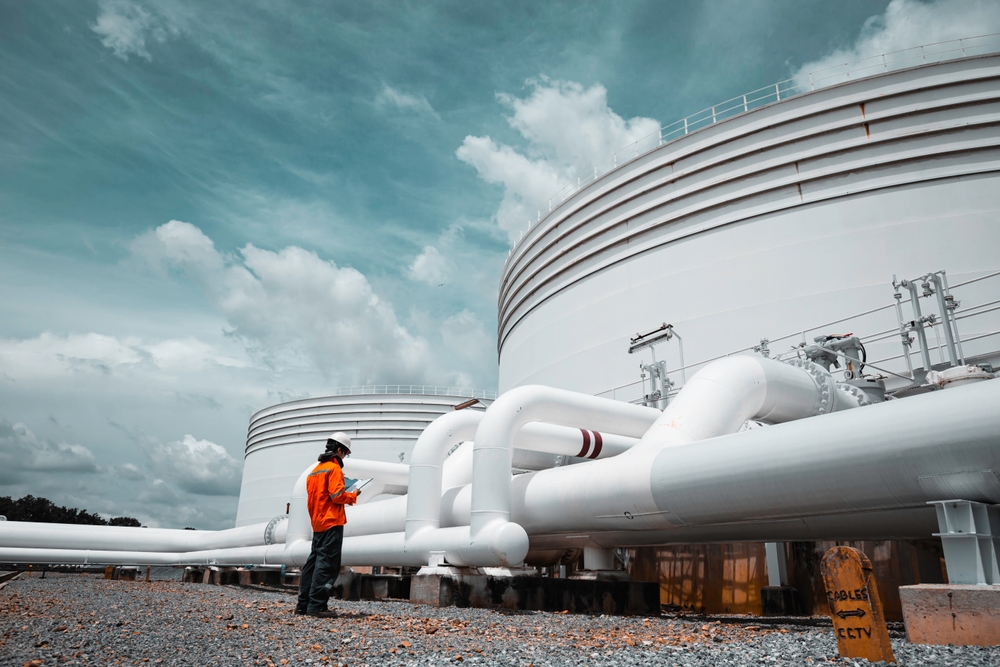
.jpg)
This course involves advanced oil and gas drilling best practices with prime emphasis placed on evolving techniques and cutting edge technologies with a view to make the drilling operations efficient and safer. Drill well planning, advanced drilling system, real time monitoring of drilling operations, and wellbore construction integrity and performance optimization risk management will be incorporated into the learning material.
| City | Start Date | End Date | Fees | Register | Enquire | Download |
|---|---|---|---|---|---|---|
| Amsterdam | 23-06-2025 | 27-06-2025 | 6200 $ | Register | Enquire | |
| Cairo | 30-06-2025 | 04-07-2025 | 3950 $ | Register | Enquire | |
| Kuala Lumpur | 07-07-2025 | 11-07-2025 | 4950 $ | Register | Enquire | |
| Bali | 14-07-2025 | 18-07-2025 | 4950 $ | Register | Enquire | |
| Dubai | 21-07-2025 | 25-07-2025 | 4300 $ | Register | Enquire | |
| Madrid | 28-07-2025 | 01-08-2025 | 6200 $ | Register | Enquire | |
| Amsterdam | 04-08-2025 | 08-08-2025 | 6200 $ | Register | Enquire | |
| Barcelona | 11-08-2025 | 15-08-2025 | 6200 $ | Register | Enquire | |
| Cairo | 18-08-2025 | 22-08-2025 | 3950 $ | Register | Enquire | |
| Cairo | 01-09-2025 | 05-09-2025 | 3950 $ | Register | Enquire | |
| Zurich | 08-09-2025 | 12-09-2025 | 5600 $ | Register | Enquire | |
| Amsterdam | 15-09-2025 | 19-09-2025 | 6200 $ | Register | Enquire | |
| Madrid | 22-09-2025 | 26-09-2025 | 6200 $ | Register | Enquire | |
| Prague | 29-09-2025 | 03-10-2025 | 6200 $ | Register | Enquire | |
| Amsterdam | 06-10-2025 | 10-10-2025 | 6200 $ | Register | Enquire | |
| Dubai | 13-10-2025 | 17-10-2025 | 4300 $ | Register | Enquire | |
| Istanbul | 20-10-2025 | 24-10-2025 | 4950 $ | Register | Enquire | |
| Kuala Lumpur | 27-10-2025 | 31-10-2025 | 4950 $ | Register | Enquire | |
| Madrid | 03-11-2025 | 07-11-2025 | 6200 $ | Register | Enquire | |
| London | 10-11-2025 | 14-11-2025 | 6200 $ | Register | Enquire | |
| Manama | 24-11-2025 | 28-11-2025 | 4400 $ | Register | Enquire | |
| Bali | 01-12-2025 | 05-12-2025 | 4950 $ | Register | Enquire | |
| Casablanca | 08-12-2025 | 12-12-2025 | 4950 $ | Register | Enquire | |
| Amsterdam | 15-12-2025 | 19-12-2025 | 6200 $ | Register | Enquire | |
| London | 22-12-2025 | 26-12-2025 | 6200 $ | Register | Enquire |
In today's drilling landscape, it is essential for drilling personnel to acquire comprehensive knowledge, skills, and competencies for effective well creation. The Advanced Oil and Gas Drilling Techniques and Best Practices learning program focuses on drilling wells of various types, including shallow, complex, and high-pressure wells.
This program targets engineers at all levels and field personnel involved in the design and implementation of drilling processes. It covers the entire cycle of oil and gas well drilling, emphasizing both theoretical concepts and practical applications.
With many contemporary wells designed using specialized computer programs, this course prepares participants with the necessary theoretical knowledge and practical skills for effective implementation. Advanced drilling techniques, such as Mud Logging, are integral to the training.
Participants will develop a solid understanding of drilling principles and practices, including well planning and design, drilling fluids, drill string design, hydraulic optimization, and managing common drilling challenges. They will gain insights into the individual components of the drill string, learn to assess Weight on Bit (WOB), and select appropriate drill collar sizes. Participants will also acquire practical skills for evaluating drill string performance in vertical and deviated wells.
By the end of this Advanced Oil and Gas Drilling Techniques and Best Practices course, participants will be able to:
Unit 1: Drilling Hole Problems and Practical Solutions:
Unit 2: Preventing Wash Out and Twist Off:
Unit 3: Drilling Fluids Planning and Control, Routine and Special Problems:
Unit 4: Well Control and Hydrodynamic Pressure:
Unit 5: Planning Including Mud Logging Requirements:

.jpg)

.jpg)
.jpg)














